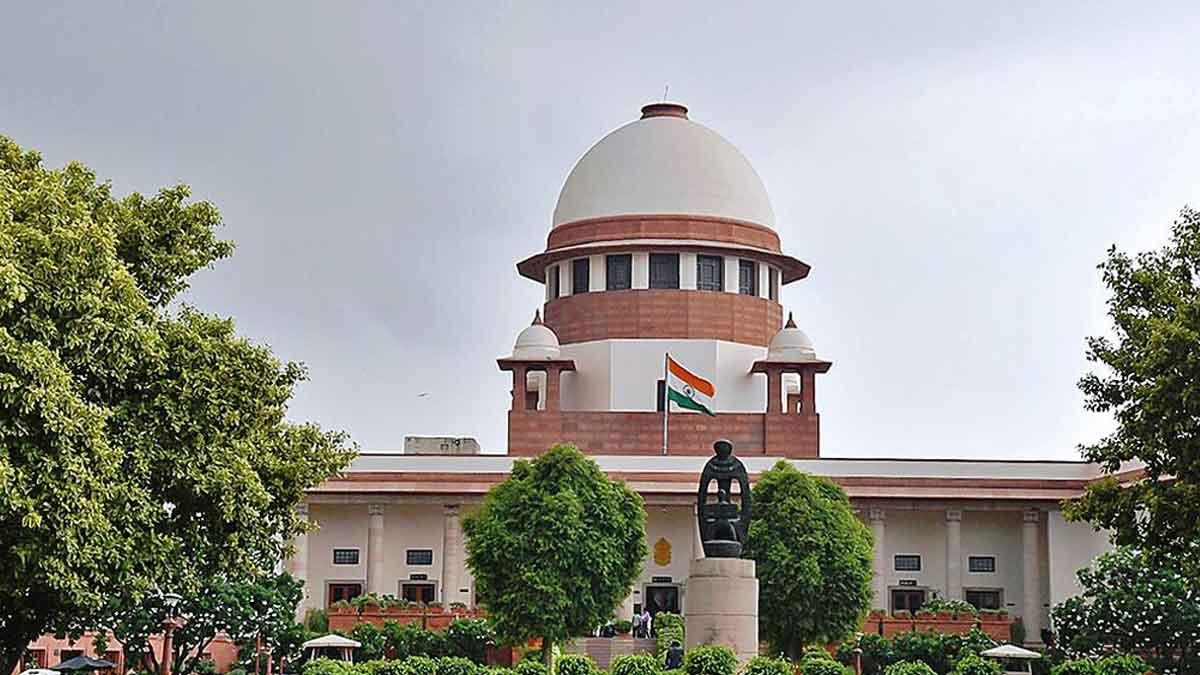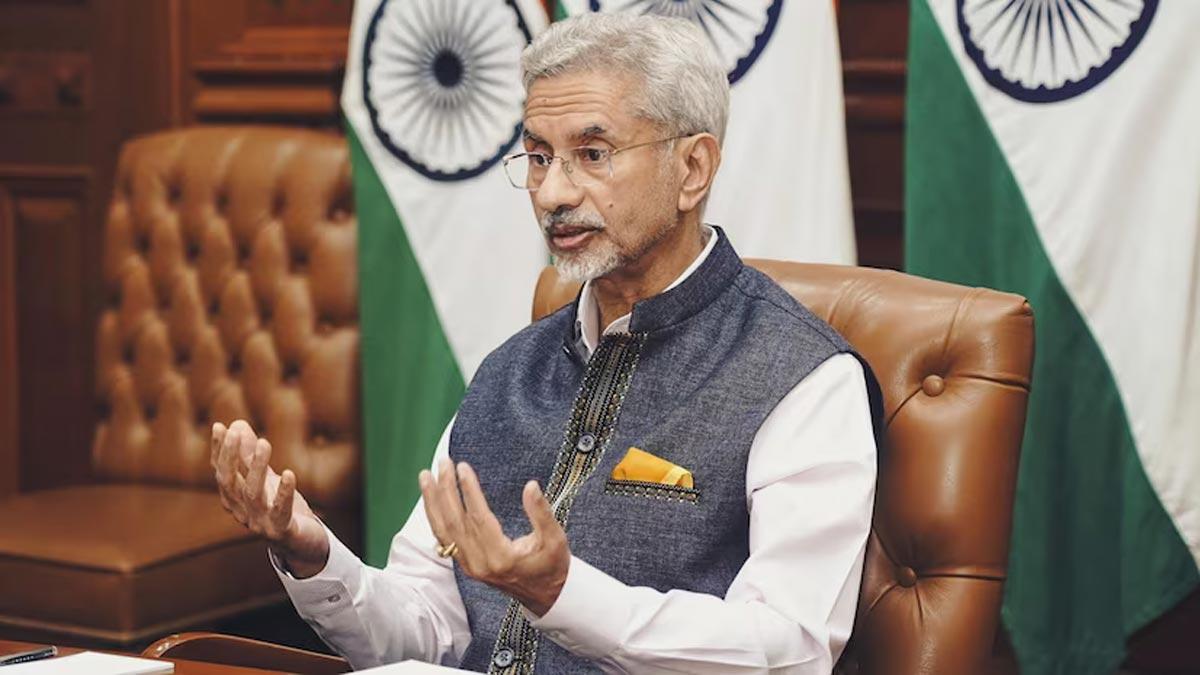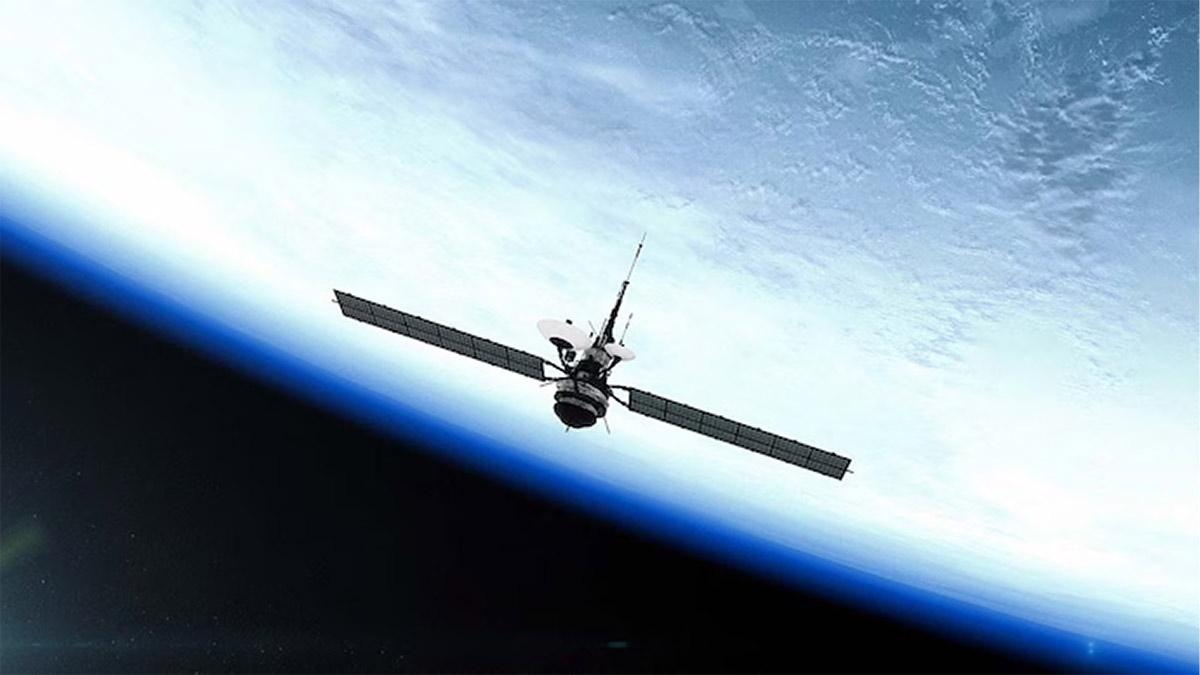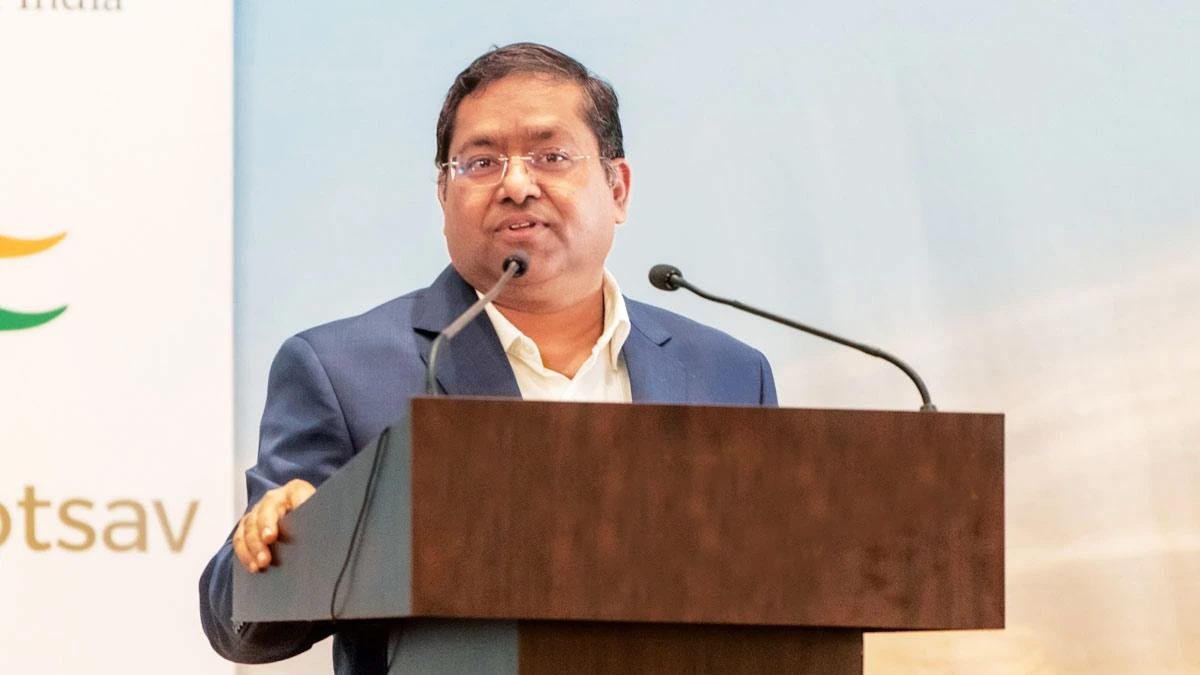The Supreme Court has dismissed a batch of review petitions, challenging its December 11, 2023 judgment, which had upheld the government decision to abrogate the special status of the erstwhile state of Jammu and Kashmir under Article 370.
A bench of five judges headed by Chief Justice D Y Chandrachud considered the pleas in chamber and rejected the demand to have the review petition openly heard in court. In its May 1 order, the bench comprising justices Sanjiv Khanna, B R Gavai, Surya Kant and A S Bopanna (since retired) held, "Having perused the review petitions, there is no error apparent on the face of the record. No case for review under Order XLVII Rule 1 of the Supreme Court Rules 2013. The review petitions are, therefore, dismissed."
The court also turned down requests from various petitioners to personally appear and argue their cases. Among those who had filed review petitions were the Awami National Conference, the Jammu and Kashmir People Democratic Party, CPI(M) leader Mohammed Yousuf Tarigami, the Jammu and Kashmir High Court Bar Association and lawyer Muzaffar Iqbal Khan.
In its December 11 order, while upholding the government's decision, the Supreme Court ordered that assembly elections in Jammu and Kashmir be held by September of that year, and also ordered the restoration of statehood "at the earliest". The court declared Article 370, a provision added to the Indian Constitution in 1949 to grant special status to J&K, as temporary. It concluded that the President of India had the authority to revoke the provision in the absence of the Constituent Assembly of the former state, which ceased to exist in 1957.
The judgment settled a protracted debate over Article 370 following a 16-day long hearing. There were three concurring judgments—all upheld the abrogation of Article 370. Justices Sanjay Kishan Kaul and Sanjiv Khanna independently wrote concurring judgments.
The Supreme Court further upheld the validity of the creation of the UT of Ladakh out of the erstwhile state of J&K. It clarified that J&K lost any "element of sovereignty" after signing the Instrument of Accession and adopting the Indian Constitution on November 25, 1949. The court determined that Article 370 represented "asymmetric federalism" rather than sovereignty.
Regarding the restoration of J&K's statehood, Chief Justice Chandrachud referenced Solicitor General Tushar Mehta's assurance that it would be reinstated, except for Ladakh, which would remain a UT. The court refrained from ruling on whether the reorganization of J&K into two UTs was permissible under Article 3 but upheld the decision to create Ladakh as a UT.
The court also addressed the validity of Constitution (Application to Jammu and Kashmir) Orders (CO)-272 and CO-273, which applied all provisions of the Indian Constitution to J&K and abrogated Article 370, respectively. It concluded that the President had the authority to issue these orders without the state's consent, as part of the gradual process of constitutional integration.
The petitioners argued that Article 370 could not be amended without the consent of the state's Constituent Assembly, which ceased to exist in 1957. They contended that the provision had acquired permanence in its absence.
Justice (retd) Kaul, in his verdict, emphasized that the purpose of Article 370 was to gradually align J&K with other Indian states. He ordered the establishment of an "impartial truth-and-reconciliation commission" to investigate human rights violations in the region since at least 1980.
Read also | Terrorism, extremism have started to consume those who long practised it: EAM Jaishankar
Read also | IMD Forecasts Monsoon's Arrival in Kerala Around May 31st


















